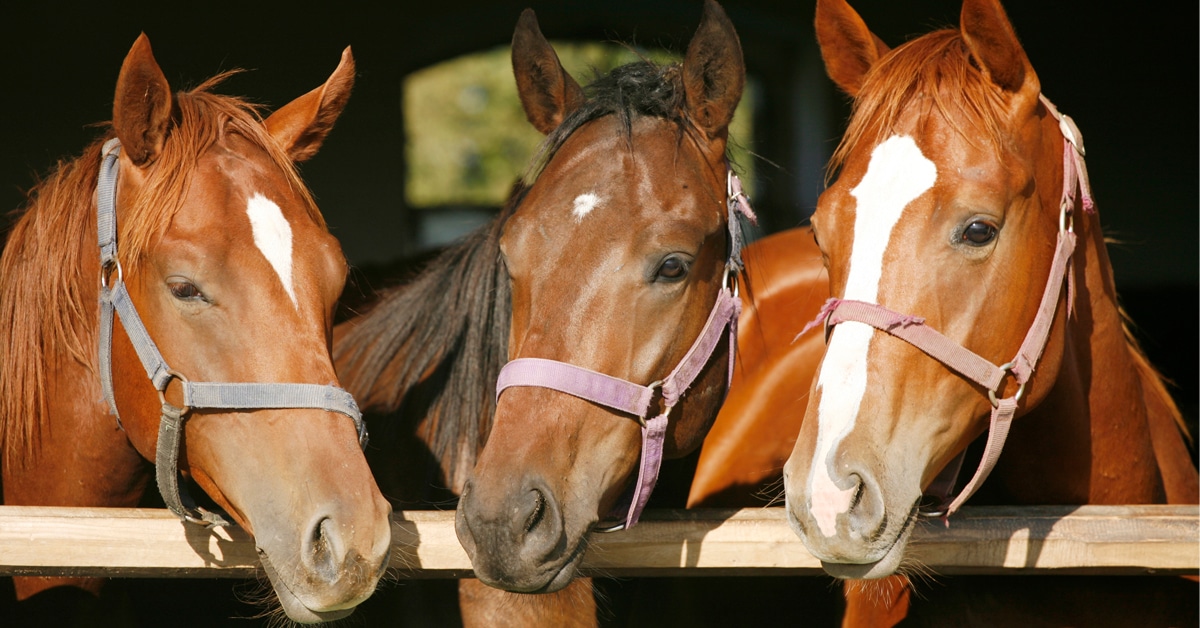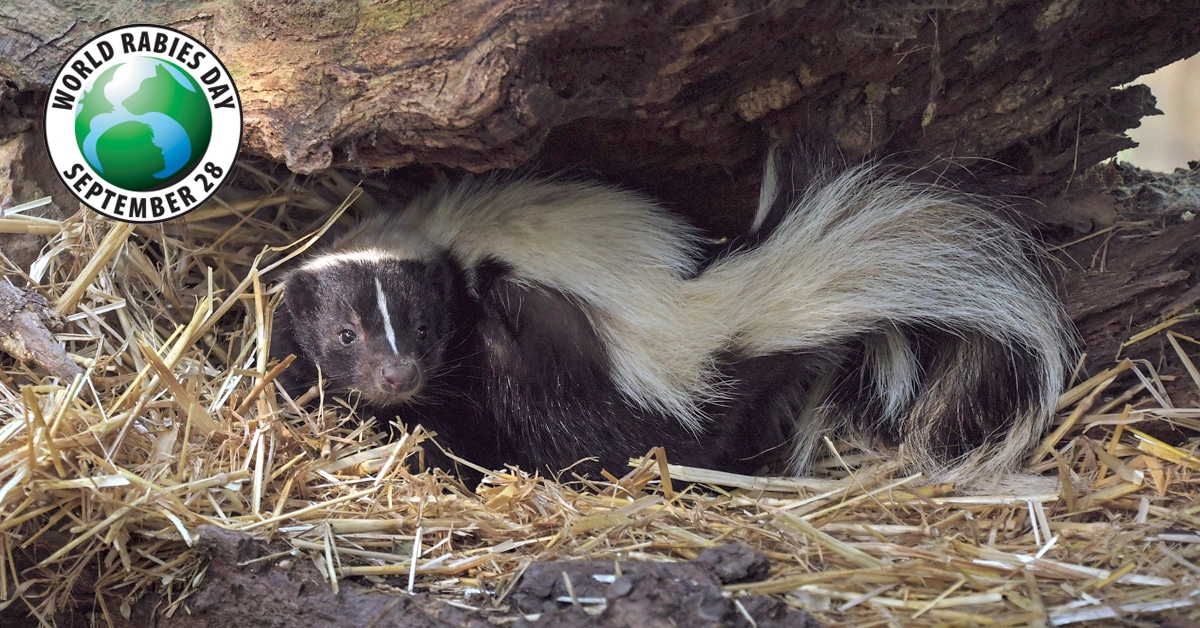On September 28, this World Rabies Day, the equine community is joining the global movement to prevent rabies by taking action — together. The 2025 theme, “Act Now: You, Me, Community,” announced by the Global Alliance for Rabies Control (GARC), highlights the power of individual and collective responsibility in preventing this deadly disease.
Legal Requirements for Horse Owners in Ontario
In Ontario, rabies vaccination is not just a precaution — it’s the law. Ontario Regulation 567, Rabies Immunization, under the Health Protection and Promotion Act, “Every owner or person having the care or custody of a horse, cow, bull, steer, calf or sheep shall ensure that each such animal is immunized against rabies,” unless the animal is only accessible to caretakers or is at a seasonal agricultural fair and not part of an interactive display such as a petting zoo.
This means that horses involved in public-facing activities — including petting zoos, therapy programs, riding schools, and other animal experience events — must be vaccinated against rabies.
What About Other Provinces?
While Ontario has specific legal requirements, rabies vaccination policies vary across Canada. In many provinces, rabies vaccination for horses is strongly recommended. Rabies vaccination is important for animals that spend time outdoors or may come into contact with wildlife.
Horse owners in other provinces are encouraged to check with their local public health or agricultural authorities for current regulations and consult their veterinarian to assess rabies risk and develop a vaccination plan.
Plan Ahead with the Equi-Planner Tool
To help horse owners stay on top of their vaccination schedules, Equine Guelph offers the Vaccination Equi-Planner, a free online tool that creates a personalized immunization calendar based on your horse’s age, use, and location. Rabies is among the core recommended vaccines in horses in Equine Guelph’s Vaccination Equi-Planner healthcare tool due to the deadliness of the disease.
Kindly sponsored by Zoetis, the Vaccination Equi-Planner is designed to explain the risk factors and then provide a print-out personalized to your horse’s vaccination needs. This is a great way to get the conversation started with your vet.
“Core vaccinations are critical for the protection of horses from serious viral and bacterial toxin diseases. We are fortunate to live in a region of the world where highly effective vaccines are readily available and can turn the risk of deadly disease into a preventable concern,” says Tamara Quaschnick, DVM, equine technical services veterinarian for Zoetis Canada. “The threat of rabies to both horses and humans is real and the course of disease is brutal and invariably fatal. The stakes of leaving your horse unprotected are high.”
National and International Rabies Control
Rabies is a reportable disease in Canada, and the Canadian Food Inspection Agency (CFIA) plays a key role in its control:
- All animals entering Canada, including horses, must be vaccinated against rabies if they originate from a country where rabies is present.
- The CFIA may require proof of rabies vaccination for horses crossing international borders.
- All suspected cases must be reported to the Canadian Food Inspection Agency (CFIA), which conducts tests and posts summaries of the results online.
Rabies is 100% fatal once symptoms appear, but it is also 100% preventable through vaccination. While rare in horses, rabies can be transmitted to humans and other animals through bites or saliva. In regions like Ontario, where rabies continues to circulate in wildlife, vaccination is a vital line of defense.
A One Health, All-Community Approach
The 2025 theme, “Act Now: You, Me, Community,” reminds us that rabies prevention is a shared responsibility. Whether you’re a horse owner, veterinarian, event organizer, or simply an animal lover, your actions matter. By vaccinating horses and other animals, we protect not only animal health but also human and environmental health.
Don’t forget your cats and dogs! In Ontario, rabies vaccination is legally required for all cats, dogs, and ferrets over three months of age. If you live outside Ontario, be sure to check your local or municipal laws and talk to your veterinarian about rabies prevention for all your pets.
More News









